It’s Lesbian Visibility Week. So this one says hello and is giving you a big wave. Although given there’s a day for everything now, you’d be forgiven for wondering why we’re hogging not just one. but a whole week.
Is it just another performative marketing exercise, designed to annoy all the right people? Or is it actually an opportunity to pause, think and reflect on identity for a moment?
I am many things; a daughter, a wife, an auntie. An ex politician, a professor and charity trustee. But I’m also a gay woman who was and to a certain extent, still is, in the public eye.
There’s still not that many of us. Why? Given all the strides towards equality that have been made, there are still very few openly gay female public figures.
The men however are everywhere.
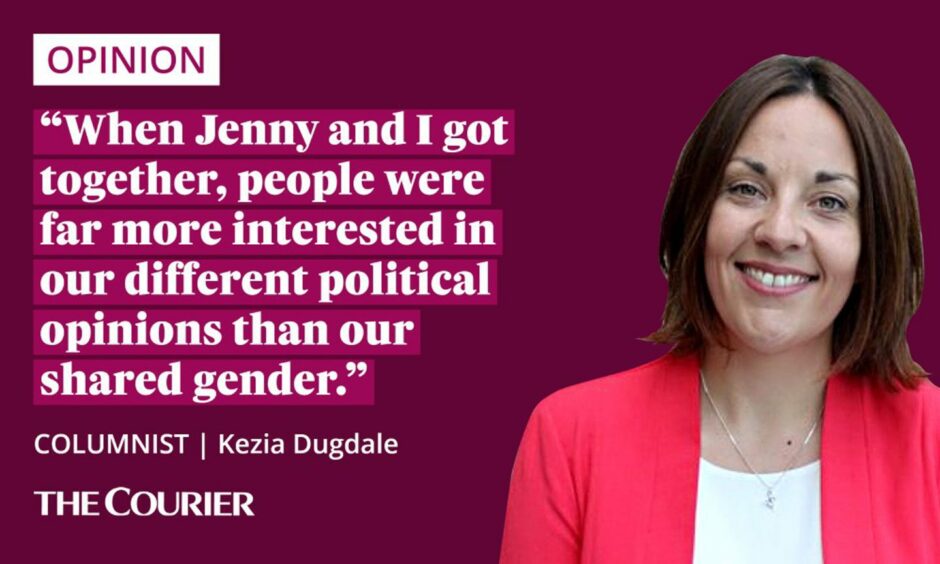
I’d long thought that the first openly gay Member of Parliament was Labour’s Chris Smith in the 1980s. But he claims the mantle only if you count those who were “voluntarily” out.
It also speaks a little to the truth that so much of history is written and told by men about men.
To this day, to be a lesbian is to be a minority within a minority, with the double prejudice and misogyny that flows from that badge collection.
Why I’m celebrating Maureen this Lesbian Visibility Week
The first openly gay politician was in fact Maureen Colquhoun.
The MP for Northampton North was outed by the newspapers early in the 1970s after leaving her husband for Barbara Todd, then the editor of a Soho based magazine called Sappho.
Upon reading the news, her female colleagues in Parliament went to their party whips and demanded Maureen be put in an office all be herself. They didn’t want anything to do with her, let alone sit near her.
Maureen told me she was delighted by this development, since she had longed for a bit of peace and quiet.
I got to know her a little during the pandemic following the death of her partner, Babs, after 45 years together.
When we started exchanging letters, Maureen was 92. She had seen pictures of me in the press with my now wife Jenny Gilruth, and it brought her such pride to see the progress that had been made.
I was able to tell her how ashamed I’d felt at not knowing more about her political achievements.
Maureen wasn’t just a lesbian pioneer when you couldn’t be gay, she was a political radical.
She argued for the abolition of women’s prisons and the decriminalisation of women involved in prostitution.
She demanded that all boards funded with public money should have 50/50 representation and campaigned for proportional representation against the tide of her party.
And she did this all long before I was born.
As a student of Labour history, how did I not know this?
How did I not know about her?
Lesbian visibility matters to next generation
Look at who she is and who she loved, but look also at what she did. What she achieved.
Imagine if we remembered as many stories about gay women in history as we did those of white upper-class men.
Might the very structures and foundations of power shake a little with the winds of truth?
This is why Lesbian Visibility Week matters. Why visibility matters.
To share stories about pioneers yes. But also to see ordinary people living ordinary lives in ordinary relationships because they are, well, ordinary.
A very happy #LesbianVisibilityWeek to all!
Our aim is to both celebrate lesbians, as well as show our solidarity to all LGBTQIA women and non binary people in our community.
We believe in unity, and lifting up those who are most marginalised.#LVW23 #lesbian #wlw pic.twitter.com/S9Y4hlBe3q
— Lesbian Visibility Week (@LesbianVisWeek) April 24, 2023
When Jenny and I got together, people were far more interested in our different political opinions than our shared gender.
That’s progress. But it’s also fragile and hard earned.
Being visible requires a bit of “see me”.
We Scots don’t much like tall poppies. But the seeds they shed give the next generation new hope.
Maureen Colquhon paved the way for me to live my life. And I’m determined to keep building that road to equality.
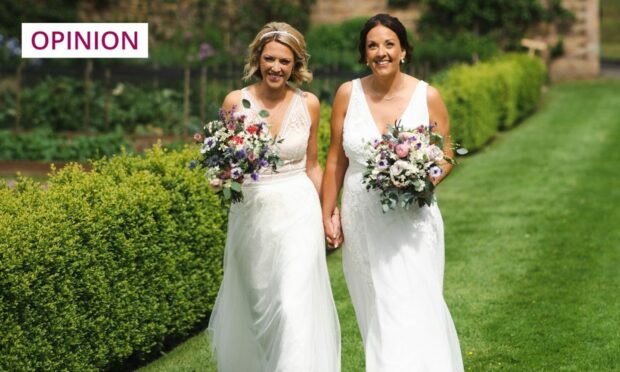
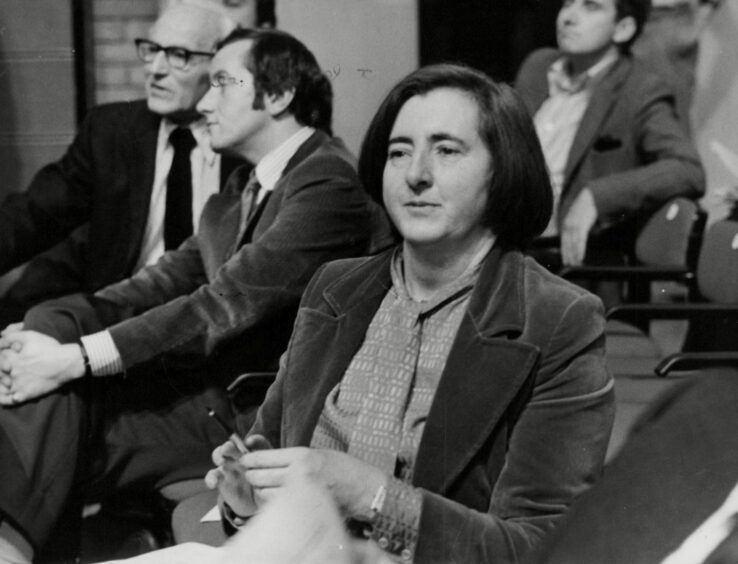
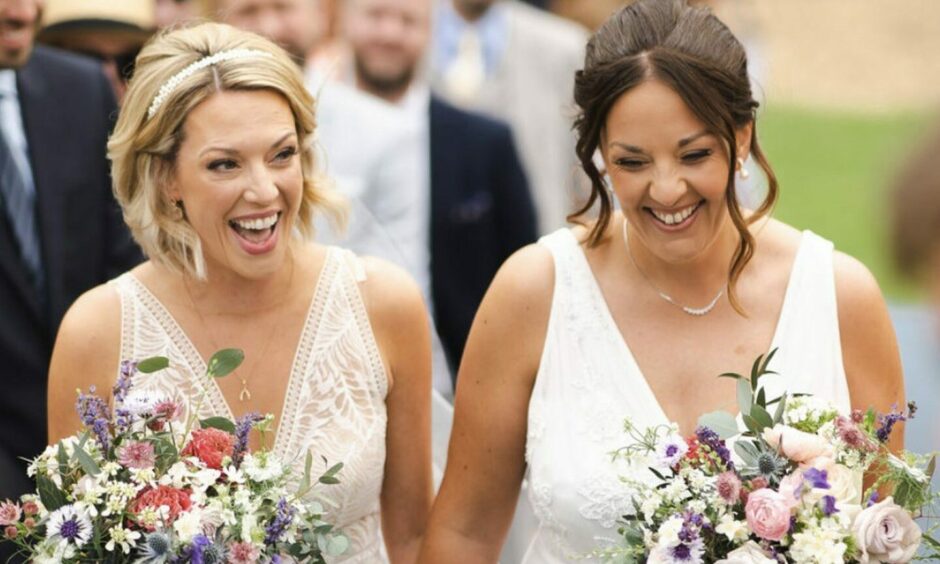
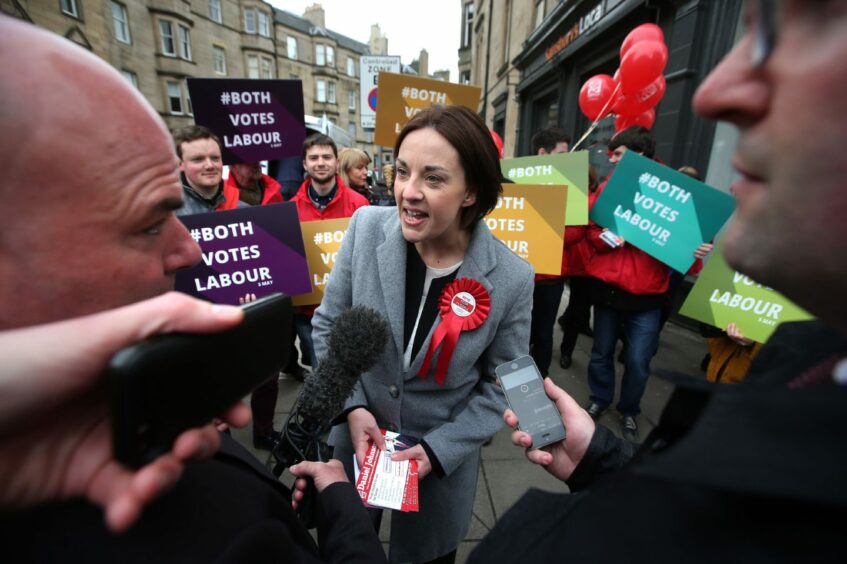










Conversation